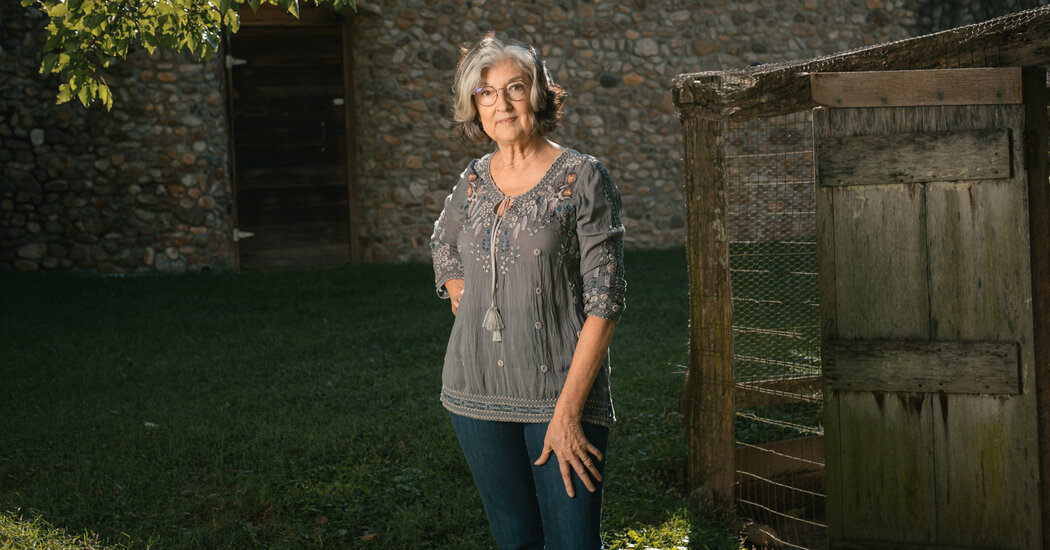
One Pulitzer Prize, two book tours, 54 weeks on the best-seller list and many admiring messages later, the author reflects on “Demon Copperhead.”
Now that “Demon Copperhead” has been in the world for almost 14 months — and a stalwart on the hardcover fiction list for 54 weeks — Barbara Kingsolver finally has a moment to reflect on the gratifying hubbub of the past year. She won a Pulitzer Prize. She’s been on two book tours. She’s received notes, emails and direct messages — “every possible way you can get a message,” she said in a phone interview — from readers letting her know how the novel resonated with them. Kingsolver even received a fan letter from Tom Hanks. She said, “Do you remember mailgrams? The really big paper that you fold up? I’d forgotten how to open one so I slit right through the middle of the page, unfortunately. Otherwise, it would have been suitable for framing.”
Even if you don’t remember mailgrams, the point is: Kingsolver’s reimagining of “David Copperfield,” set in modern-day Appalachia during the opioid crisis, has connected with readers in a meaningful way. “I’ve heard from kids in the foster care system. Graduates of the foster care system. I’ve heard from people in active addiction. I’ve heard from parents who’ve lost kids to addiction. I’ve heard from people in recovery,” Kingsolver said. “I’ve heard from people who said, ‘We didn’t think anyone knew what we were going through.’ And not just the bad things, but also the good things. What’s great about Appalachia — our sense of community, our humor, our language.”
Then there are the city dwellers, who examined their own prejudices after reading “Demon Copperhead”; and the parents of teenagers who thought twice before filling a prescription for an addictive painkiller. Kingsolver has heard from them too. Because Demon, that scrappy redheaded survivor, “has been out there doing his job, I can relax a little bit. I can knit and grow my garden.”
Kingsolver has a long tradition of including recipes in her novels; after all, she said, “You want to think you’re not just entertaining people, you’re giving them something practical.” The ingredient list and cooking instructions might not be written out in the traditional way, but “if you’re paying attention, you can follow the steps.” In “Demon Copperhead,” a beloved character makes black-eyed peas for New Year’s Day. Readers can practically smell the carrots, onions and essence of Christmas ham.
Kingsolver also baked in an important message about addiction. She said, “If you’re troubled, if you’re struggling, if your kids are not OK, this is not a personal failing. This is not a failure of virtue. It’s a disease. It is not cured by incarceration. It’s cured by compassion and medicine like any other disease.”
Elisabeth Egan is an editor at the Book Review and the author of “A Window Opens.”
